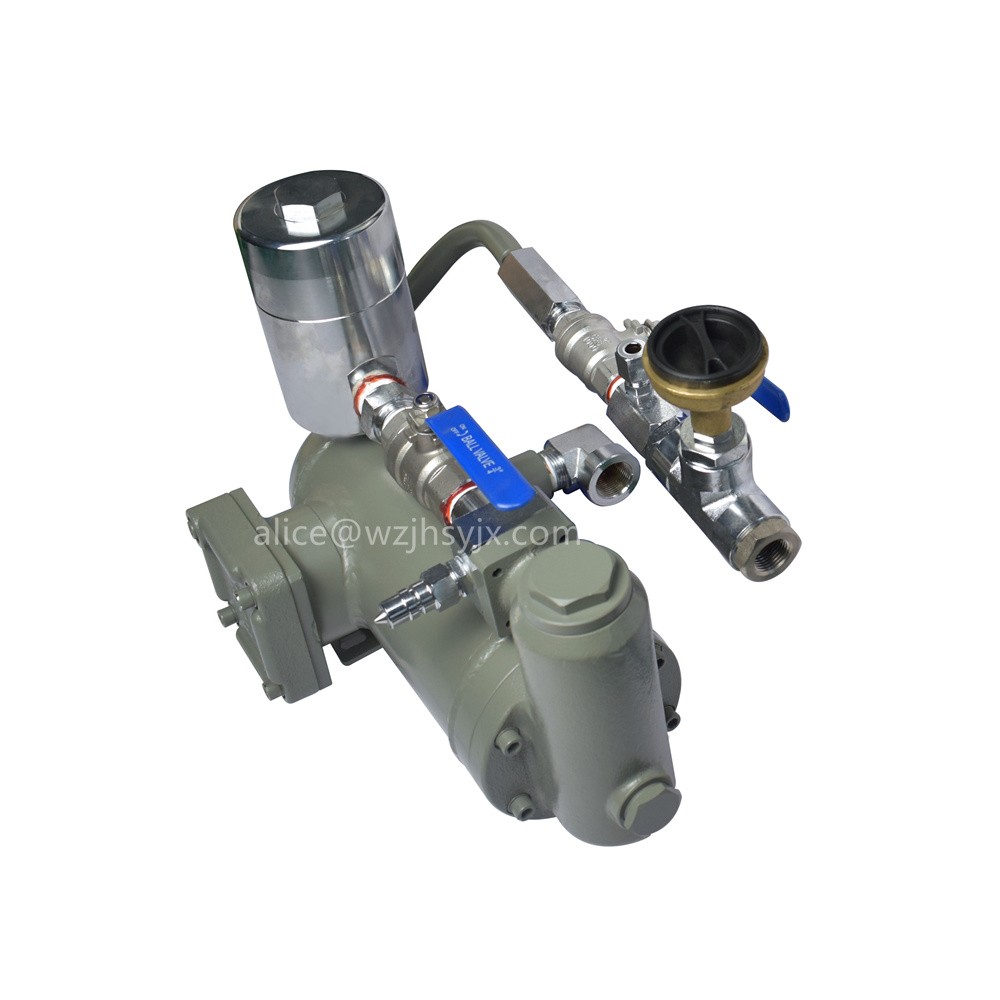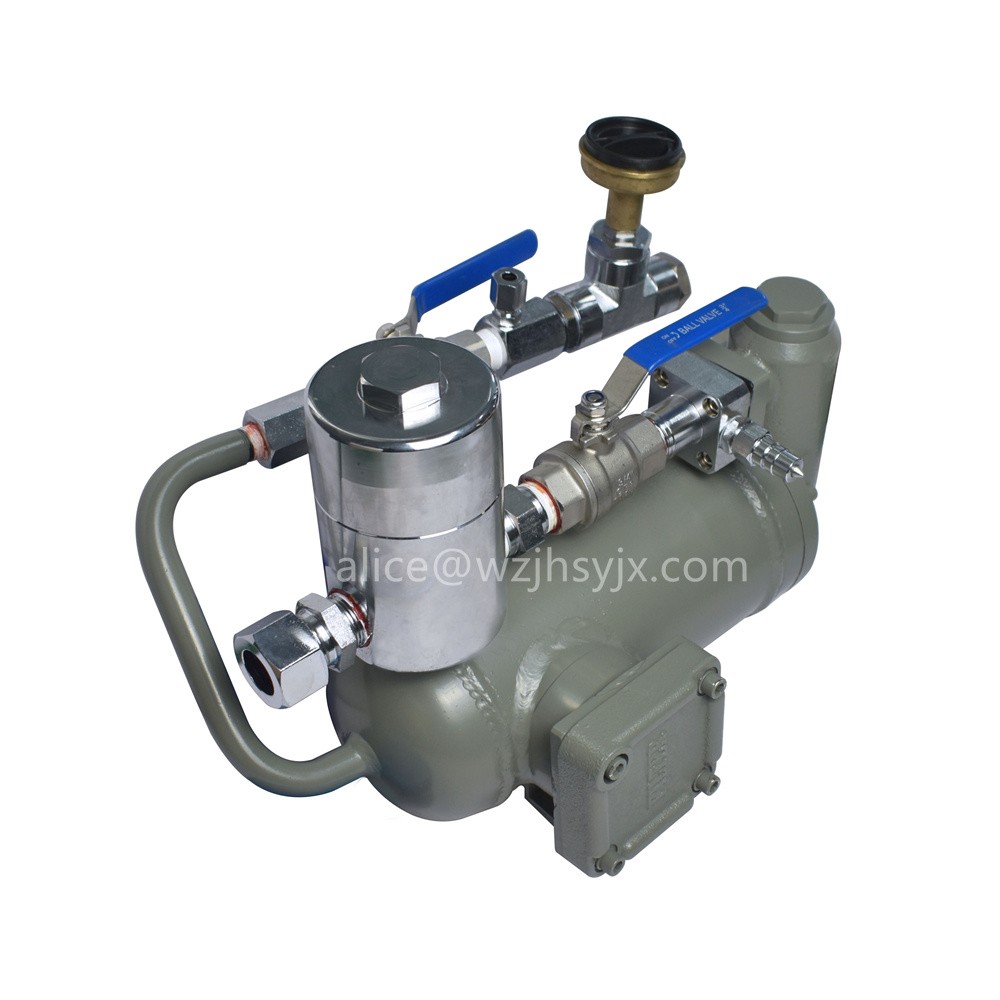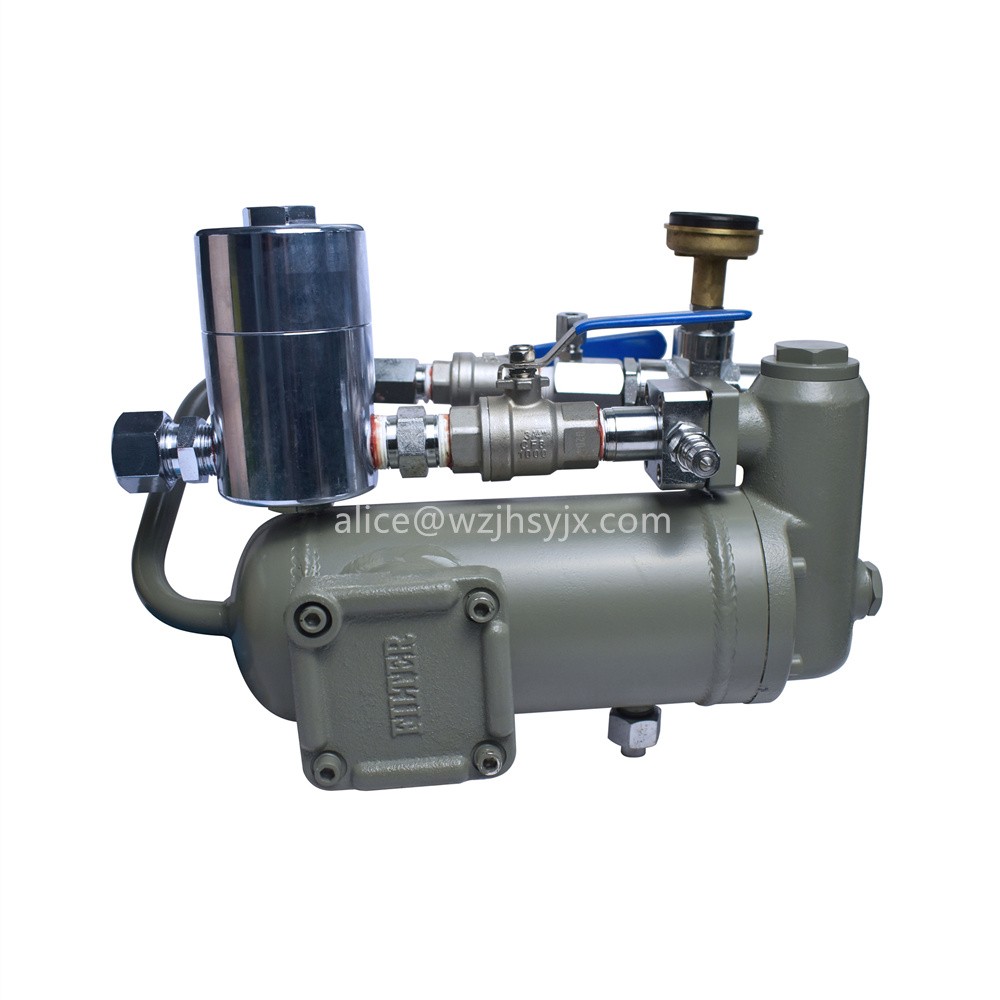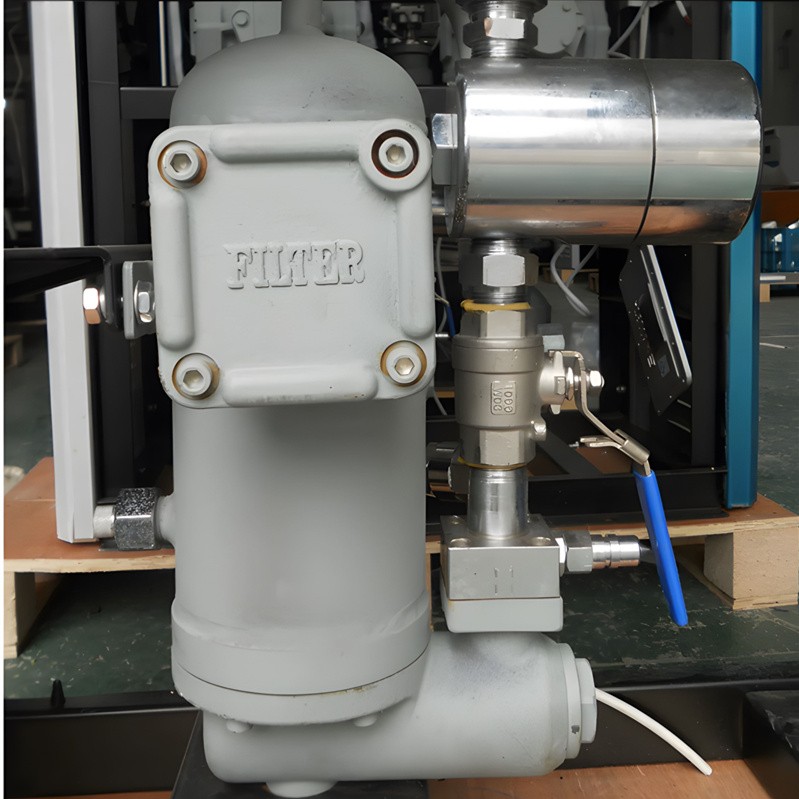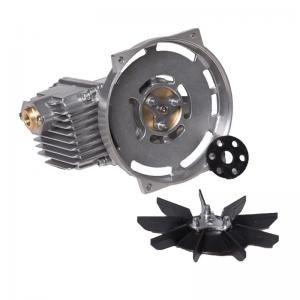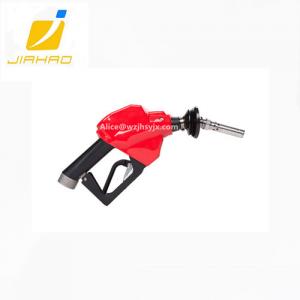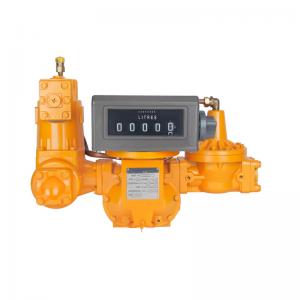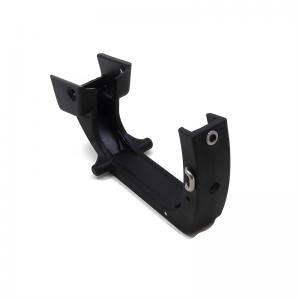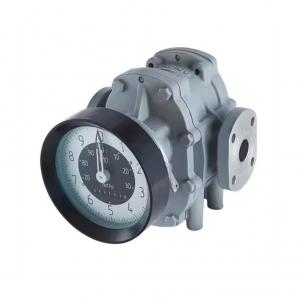Description
LPG Dispenser with Parts Check Valve Filter Differential Valve Solenoid Valve Nozzle Cover Pressure Gauge
Liquefied Petroleum Gas (LPG) Separator: Function, Advantages, and Specifications
I. Function of the LPG Separator
The LPG separator is a critical device in petroleum gas processing, designed to separate liquid hydrocarbons (e.g., ethane, propane, butane) from natural gas. This separation ensures the production of high-purity natural gas by removing liquid components that could interfere with downstream processing, transportation, or combustion. Key applications include:
Oil fields: Pre-treatment of raw natural gas.
Gas processing plants: Enhancing gas quality for industrial use.
Storage facilities: Preventing liquid accumulation in pipelines or tanks.
The separation process typically relies on pressure reduction, cooling, and gravity/centrifugal forces to condense and isolate liquid fractions.
II. Advantages of the LPG Separator
Enhanced Gas Purification Efficiency
By removing liquid contaminants, the separator ensures natural gas meets purity standards for pipelines, power plants, or residential use.
Reduces fouling in compressors and turbines, improving operational reliability.
Minimized Gas Losses
Volatile liquid components (e.g., propane) are recovered instead of being lost to evaporation.
Cost savings through efficient resource utilization and compliance with environmental regulations.
Extended Equipment Lifespan
Liquid hydrocarbons can corrode pipelines and valves due to water or acidic impurities.
The separator mitigates corrosion, reducing maintenance costs and downtime.
Improved Safety
High-purity LPG burns more efficiently and safely, minimizing explosion risks.
Separation ensures compliance with safety standards (e.g., ISO 13686) for handling flammable gases.
III. Technical Specifications
Parameter Value
Name LPG Separator
Maximum Pressure 25 bar
Delivery Pressure 40 bar
Filter Precision 0.08 mm
Dimensions 44 × 31 × 32 cm
Weight 26 kg
IV. Expanded Applications
Industrial Use: Integration into gas-fired power plants or chemical manufacturing.
Environmental Benefits: Reduces methane emissions by capturing volatile organic compounds (VOCs).
Scalability: Modular designs allow adaptation to small-scale (e.g., rural gas stations) or large-scale (e.g., offshore platforms) operations.
V. Conclusion
The LPG separator is indispensable in modern gas processing, balancing efficiency, safety, and sustainability. Its role in resource optimization and environmental protection underscores its value across energy sectors.
